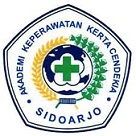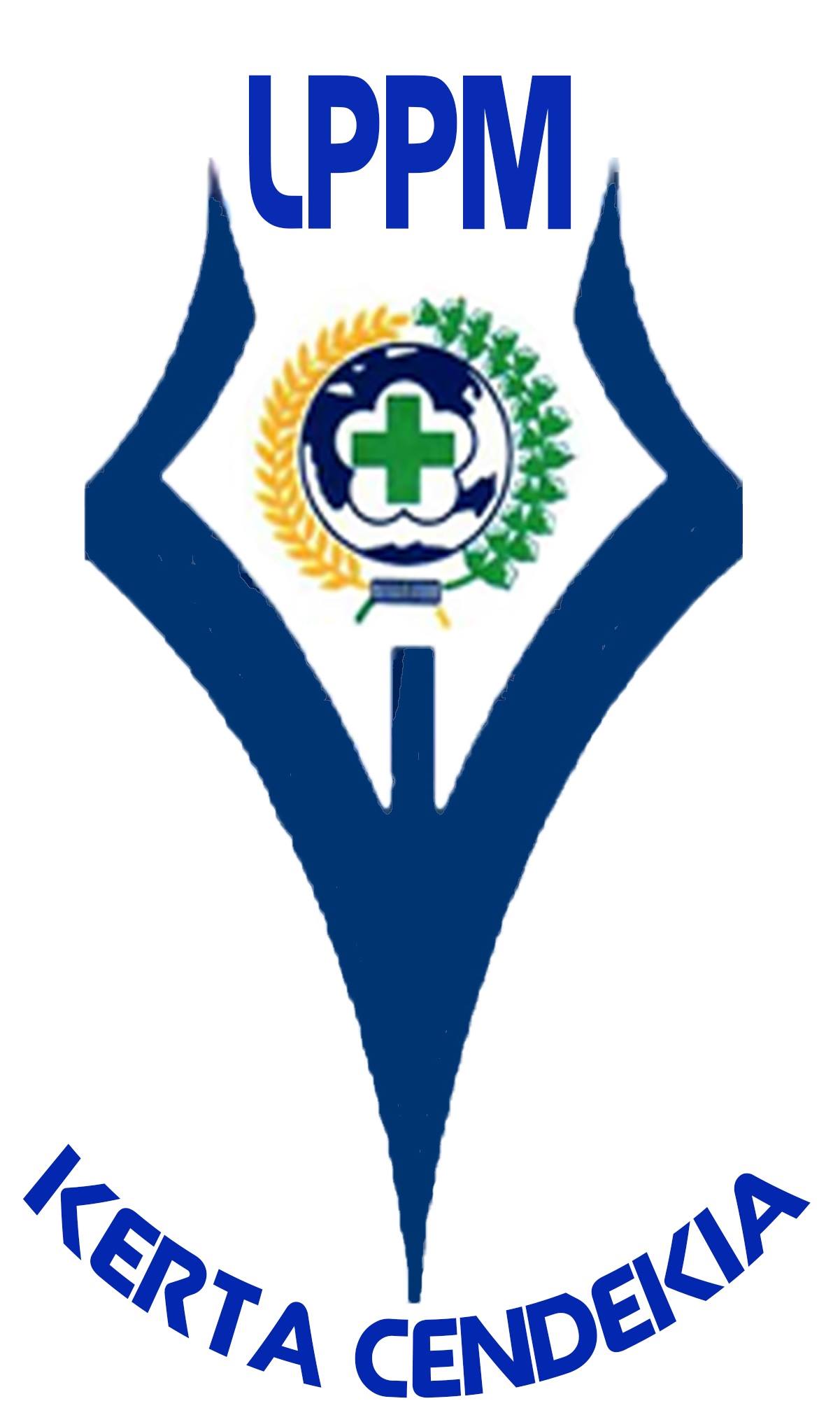THE INFLUENCE OF PARENTS' ATTITUDES IN PROVIDING EDUCATION AT HOME TOWARD THE DEVELOPMENT OF CHILDREN AGED 5-6 YEARS IN BULUSARI VILLAGE, GEMPOL SUB-DISTRICT, PASURUAN DISTRICT
DOI:
https://doi.org/10.36720/nhjk.v8i1.61Abstract
Background: Development is increasing ability (skill) in the structure and function of the body that is more complex in a regular pattern and can be predicted as a result, from the results of maturation. attitude is an individual evaluation in the form of a tendency (Inclination) towards various elements outside of him. Based on the results of a preliminary study of 10 children aged 5-6 years, it was found that 5 children had normal development, 2 children doubted, and 3 children developed abnormally. While for family education conducted by parents, it was found that 7 parents supported (favorabel), and 3 parents were not supportive (unfavorable).
Objectives: The study aimed to determine the influence of parents' attitudes in providing education at home toward the development of children aged 5-6 years in Bulusari Village, Gempol Sub-District, Pasuruan District.
Methods: The research design was analytical design using purposive sampling with a sample of 45 parents and children in Bulusari Village, Gempol Sub-District, Pasuruan District. The measuring instrument used was a questionnaire for parents and KPSP for child development. This research is presented in the form of the Fisher's Exact Test.
Results: The results showed that of 38 parents (84.45%) who supported having normal development children as many as 35 children (77.78%). Based on the results of the Fisher's Exact Test statistical test, it was found that the value of p <α, which is 0.001022 <0.05, which means that there is an influence from the provision of family education conducted by parents to the development of children aged 5-6 years.
Conclusion: Based on the results of this study, it is expected that efforts from health workers to increase counseling to parents so that they have a role and have an obligation to help, assist children, teach children to actively learn, give love, develop creativity and socialization of children.
Â
Kata kunci : Parent’s attitude, development of 5-6 years, giving education in houses.
Downloads
References
Alimul, A. A. (2007). Pengantar Ilmu Keperawatan Anak I. Jakarta: Salemba Medika.
Arikunto, S. (2010). Prosedur Penelitian Suatu Pendekatan Praktik. Jakarta: PT Rineka Cipta.
Azwar, S. (2007). Sikap Manusia. Edisi ke-2 Cetakan X. Yogyakarta: Pustaka Pelajar.
Hurlock, E. B. (1980). Psikologi Perkembangan. Edisi ke-5. Jakarta: Erlangga.
Hurlock, E. B. (2005a). Perkembangan Anak. Jilid 2. Jakarta: Erlangga.
_______. (2005b). Psikologi Perkembangan. Edisi ke-5. Jakarta: Erlangga.
Kartono, K. (2007). Psikologi Anak/Psikologi Perkembangan. Cetakan V. Penerbit: Mandar Maju.
Notoatmodjo, S. (2002). Metodologi Penelitian Kesehatan. Jakarta: PT Rineka Cipta.
Notoatmodjo, S. (2003a). Ilmu Kesehatan Masyarakat. Jakarta: PT Rineka Cipta.
Notoatmodjo, S. (2010). Metodologi Penelitian Kesehatan. Jakarta: PT Rineka Cipta.
Nursalam. (2008). Konsep dan Penerapan Metodologi Ilmu Keperawatan. Jakarta: Salemba Medika.
Soetjiningsih. (1998). Tumbuh Kembang Anak. Jakarta: EGC.
Downloads
Published
How to Cite
Issue
Section
Citation Check
License
Authors who publish with Nurse and Health: Jurnal Keperawatan agree to the following terms:
- Authors retain copyright licensed under a Creative Commons Attribution-NonCommercial 4.0 (CC BY-NC 4.0), which allows others to remix, tweak, and build upon the authors' work non-commercially, and although the others' new works must also acknowledge the authors and be non-commercial, they don't have to license their derivative works on the same terms.
- Authors are permitted and encouraged to post their work online (e.g., in institutional repositories or on their website) prior to and during the submission process, as it can lead to productive exchanges, as well as earlier and greater citation of published work (See The Effect of Open Access). Authors can archive pre-print and post-print or publisher's version/PDF.









